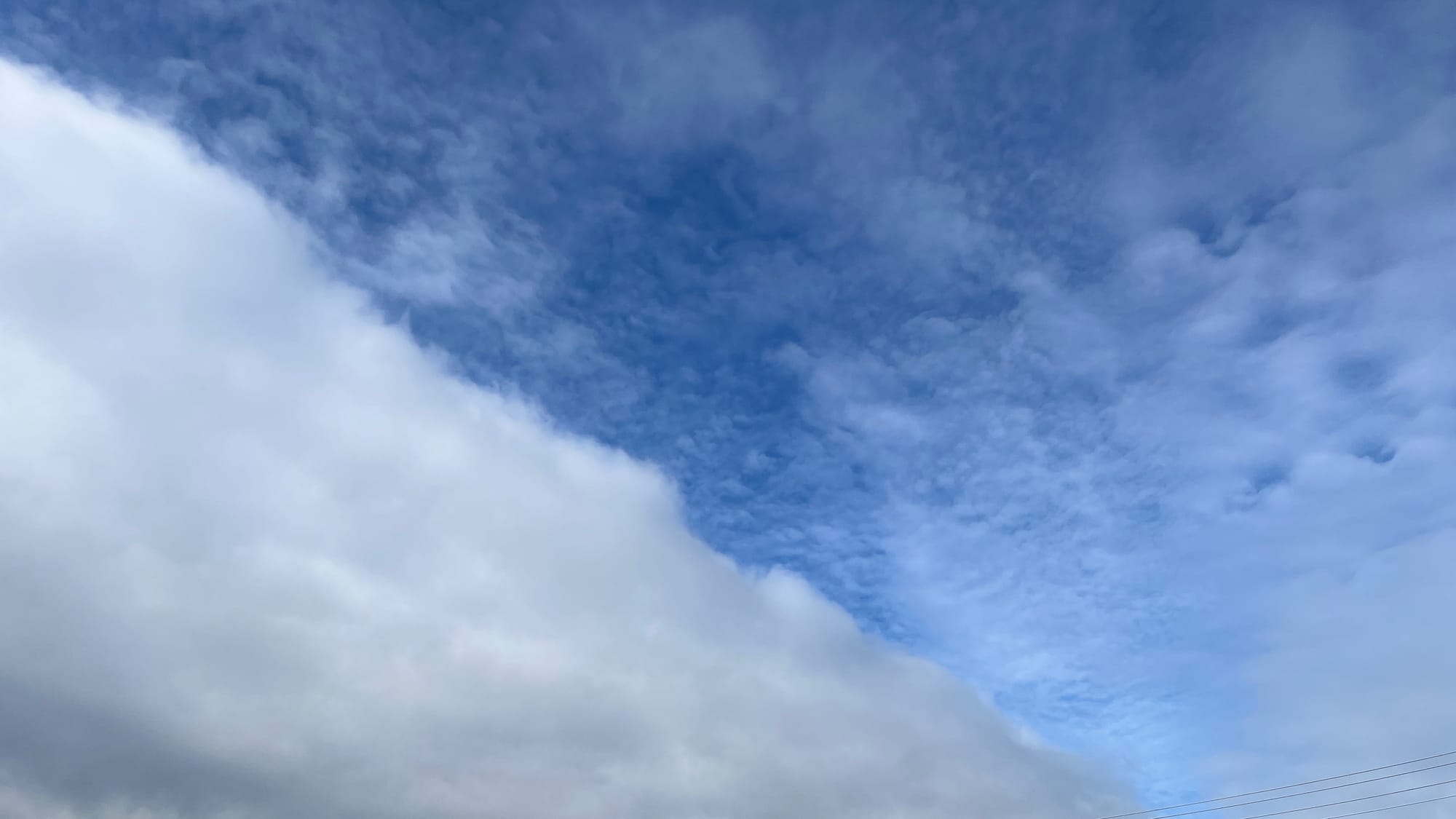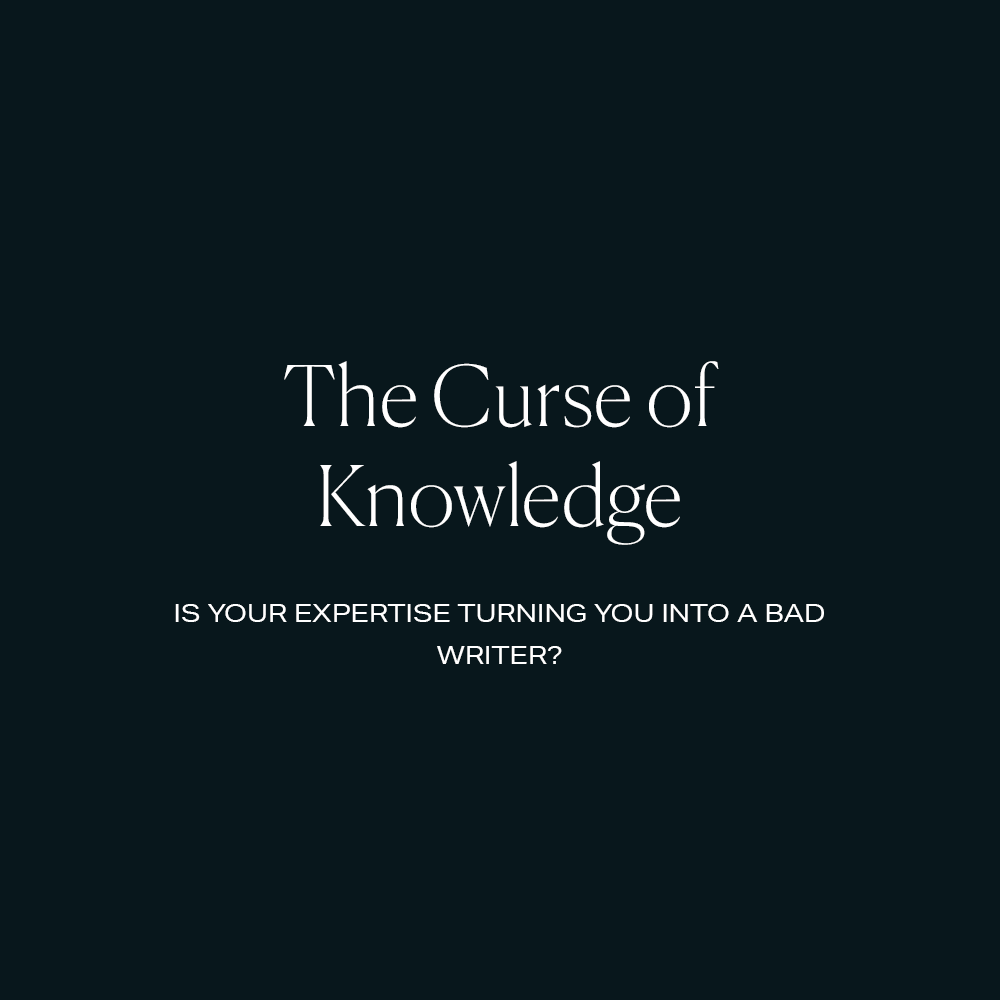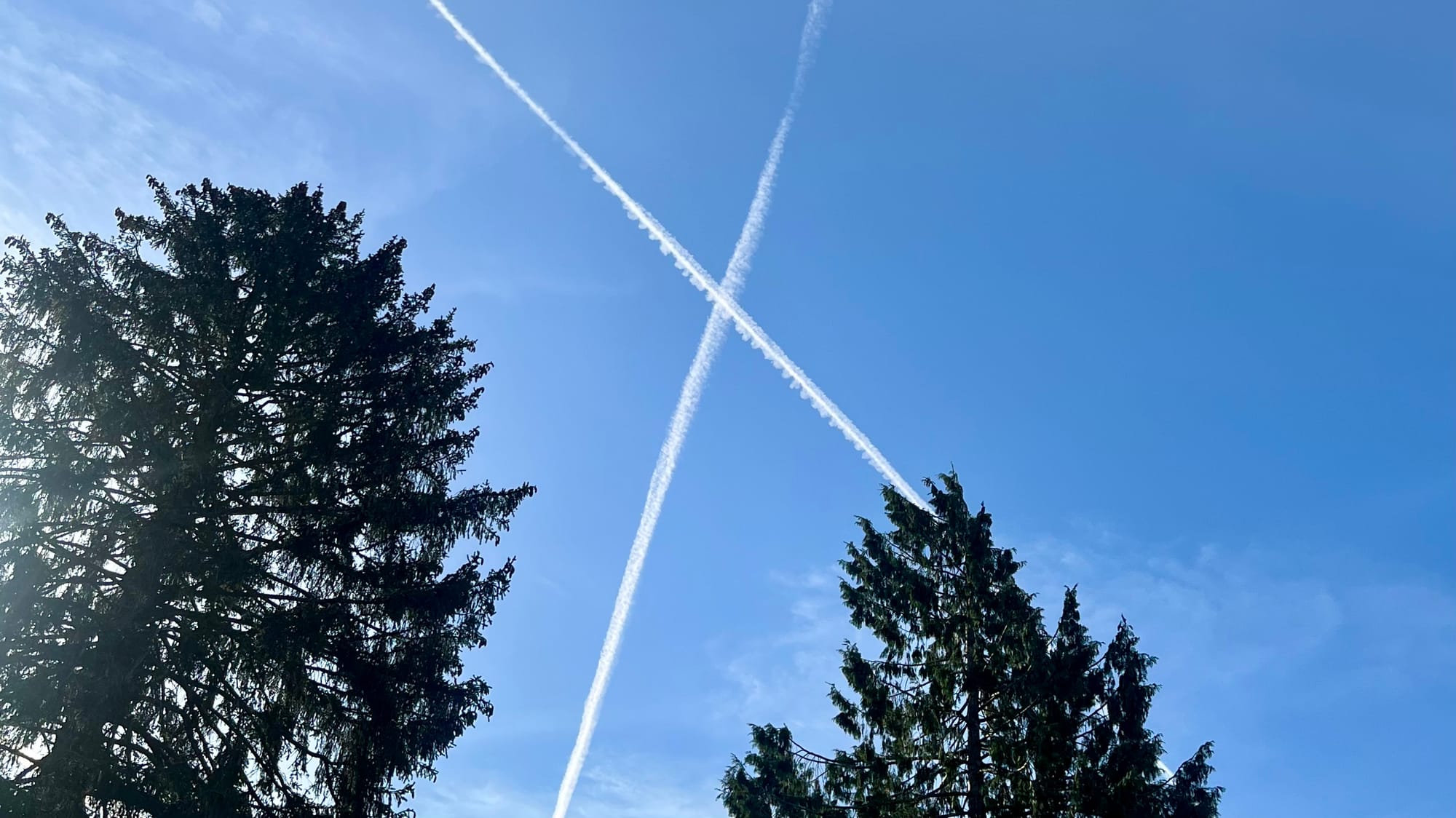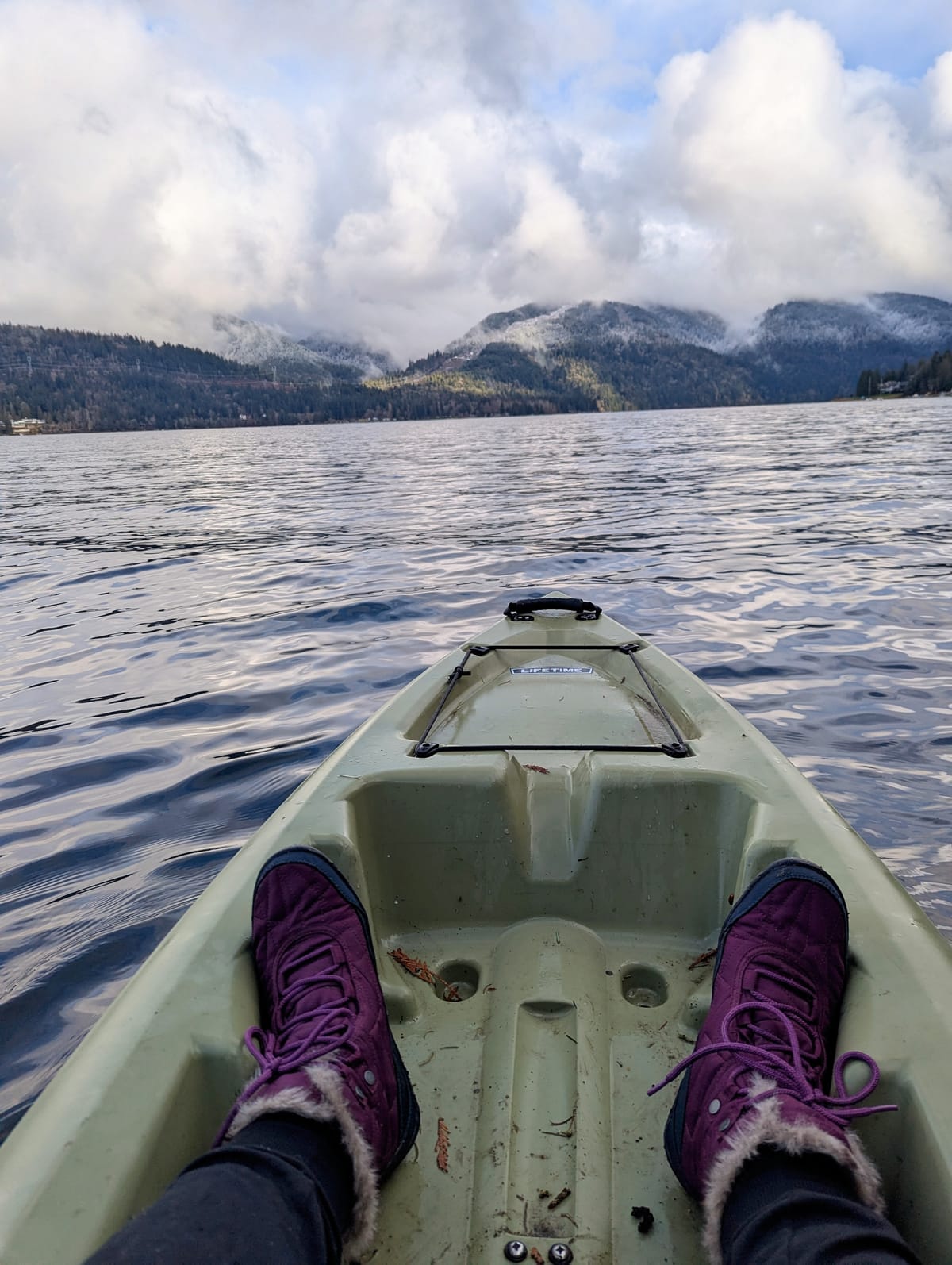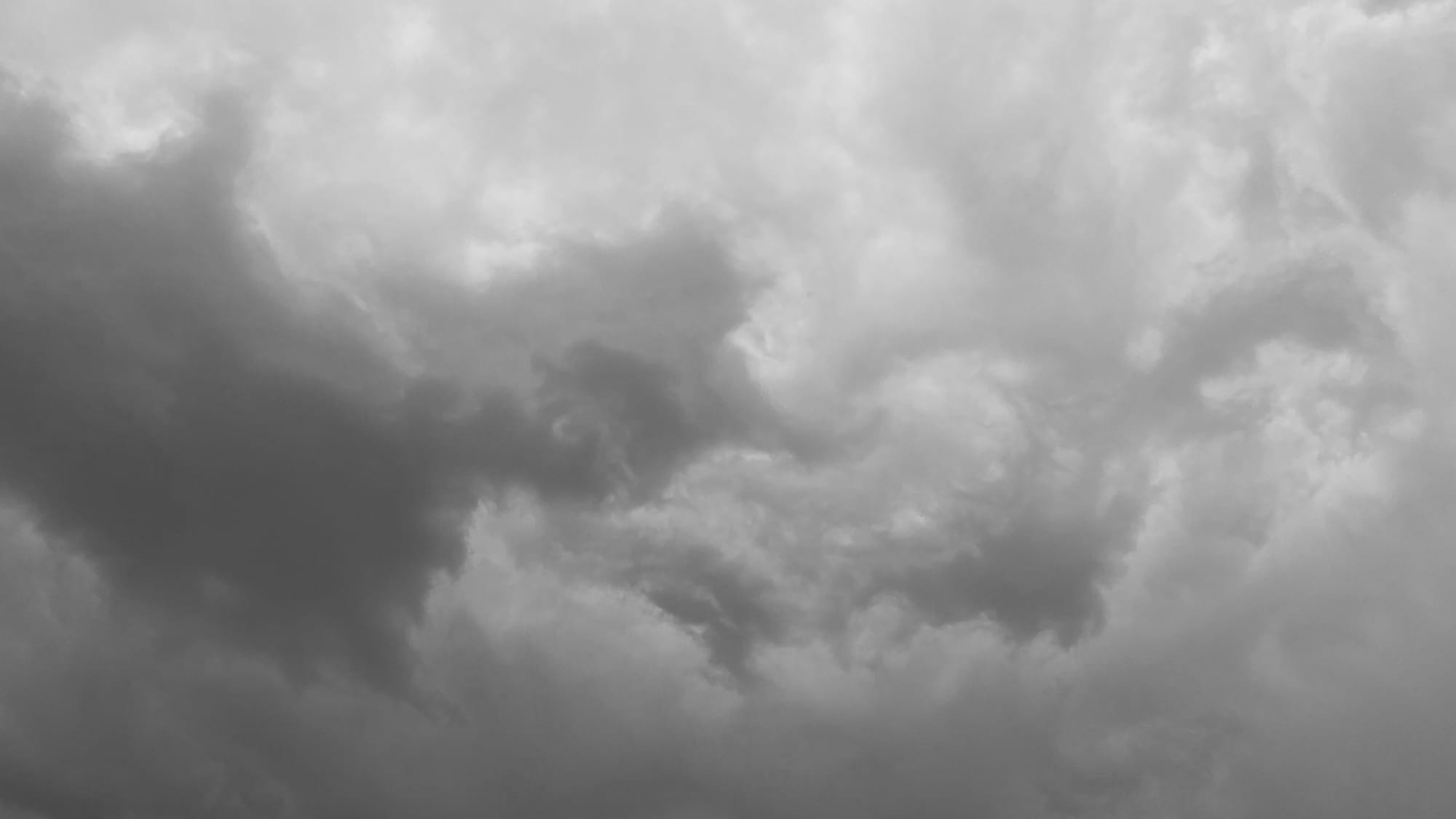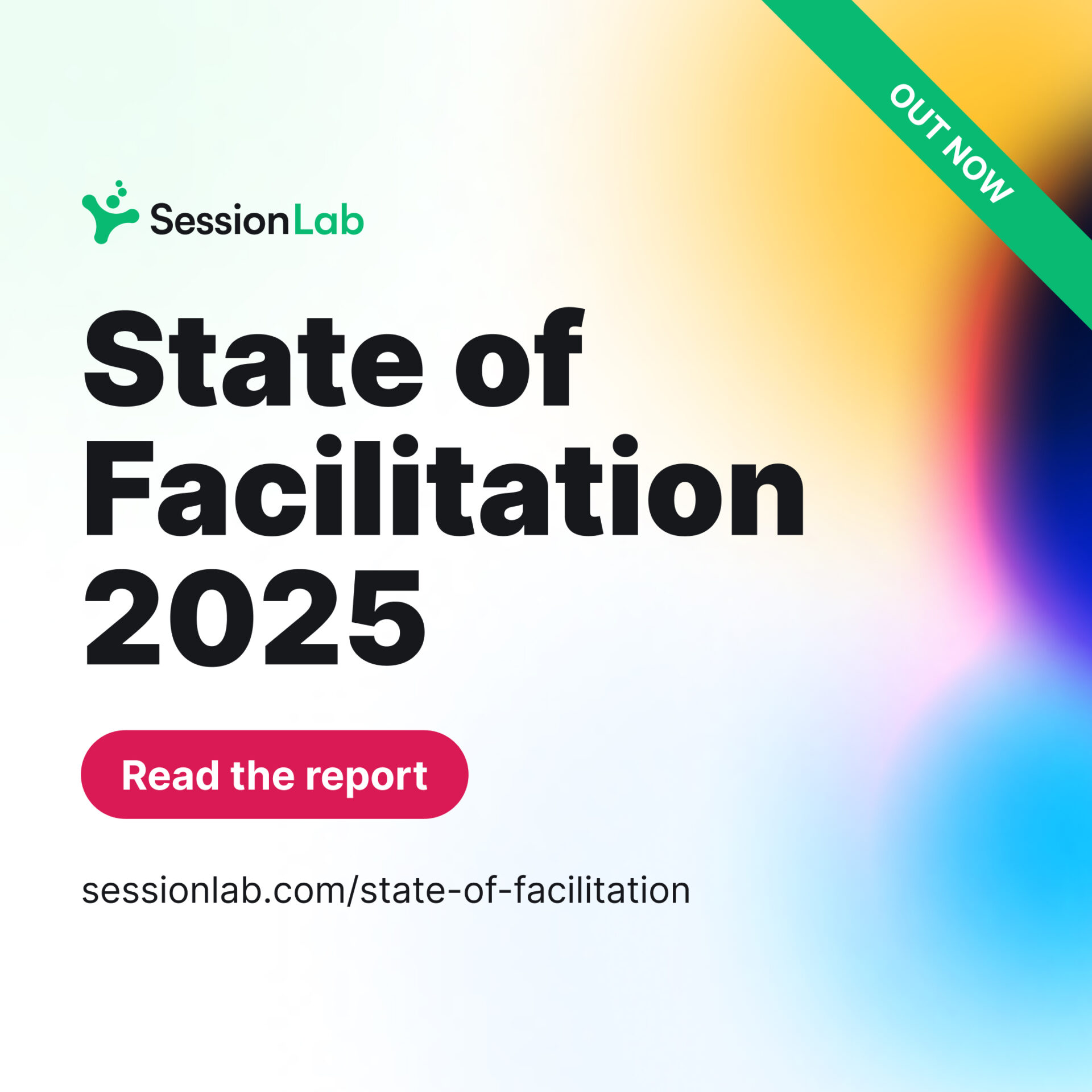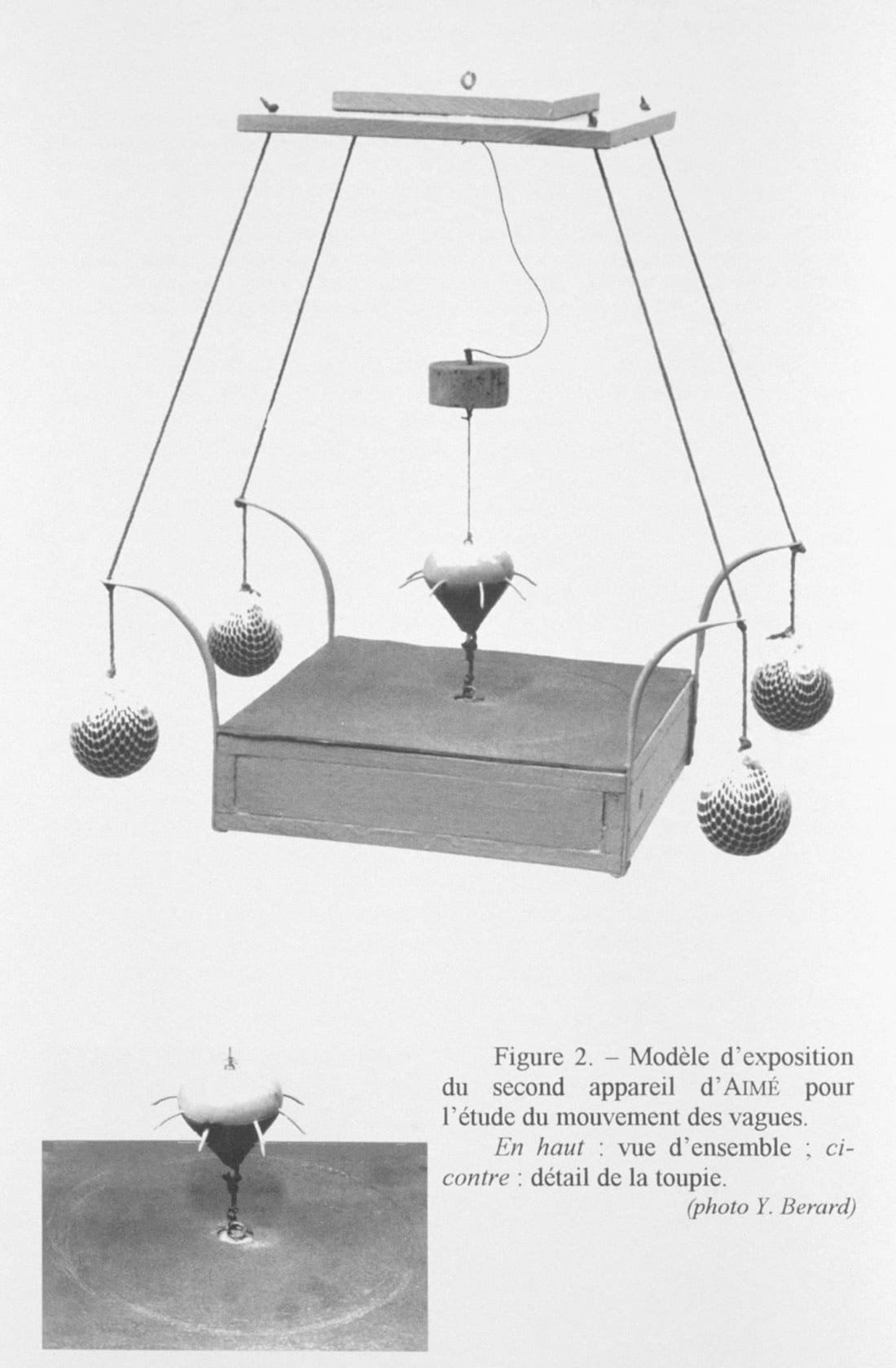Online reading—on caring
It started with Dan Sinker’s The Who Cares Era on May 23. Sinker wrote about a situation where US newspapers published a summer reading supplement generated by ‘AI’ referencing nonexistent/fabricated books:
The writer didn’t care. The supplement’s editors didn’t care. The biz people on both sides of the sale of the supplement didn’t care. The production people didn’t care. And, the fact that it took two days for anyone to discover this epic fuckup in print means that, ultimately, the reader didn’t care either. It’s so emblematic of the moment we’re in, the Who Cares Era, where completely disposable things are shoddily produced for people to mostly ignore.
A few days later, Les Orchard wrote that Only the Metrics Care:
It reveals such a grim meathook future ahead, a solipsistic view of humanity: most people reduced to NPCs in someone else's growth funnel. Not peers. Not audiences. Just marks—behavioral units to be nudged for another uptick.
Then Jenny Zhang wrote that it’s time to Kill the Metrics in Your Head:
I want to know who is visiting my site and whether they’re returning visitors and what pages they clicked through and for how long because it gives me the illusion of knowledge and control. Maybe I’ll know my project is connecting with people if I just hit some arbitrary threshold of pageviews, subscribers, conversion rate. But none of that will tell me the thing I actually want to know, which is: am I making a difference?
Back to Sinker’s original post:
In a moment where machines churn out mediocrity, make something yourself. Make it imperfect. Make it rough. Just make it. At a time where the government’s uncaring boot is pressing down on all of our necks, the best way to fight back is to care.
There is more where that came from, from Mandy Brown and Molly White and many others. This is a year where caring—sheer, mere giving a shit, wanting to know that you’re making a difference, and putting in the effort day after day—is the most important, human, humane thing.
A personal note
Please do whatever you can to keep showing and giving care. (And turn off analytics wherever you can.)
A professional note
This experience of being wrenched into the ‘Who Cares Era’ is exhausting for everyone. Yet many employers expect their teams to show up and perform work while not caring about any bad things happening in the world, in their communities, to/with themselves, their families, friends, and so on. I find this expectation is an important cause of burnout and despair in 2025.
My countermeasures—ways of showing care—as a consultant are twofold:
- Leave wiggle room for people to talk about this, when possible, if they want. Because we bring to work our entire lives and whole beings as people with bodies in places, even if the company wishes we didn’t.
- Plan as if everyone will enter into a meeting or activity immediately after reacting to bad news or difficult circumstances. Because they might be, even if they keep this to themselves. It is always important to use time skillfully and get the fenceposts established. Now, it is also another small way to show care.
Gratitude
Let me leave you with a short, early, minor, Emily Dickinson poem. I memorized this as a child, and I think cross-stitched it onto a little piece of cotton fabric. While it doesn’t compare to the more esoteric word-mazes she’d write later, its directness precisely fits this moment.
If I can stop one heart from breaking,
I shall not live in vain;
If I can ease one life the aching,
Or cool one pain,
Or help one fainting robin
Unto his nest again,
I shall not live in vain.




